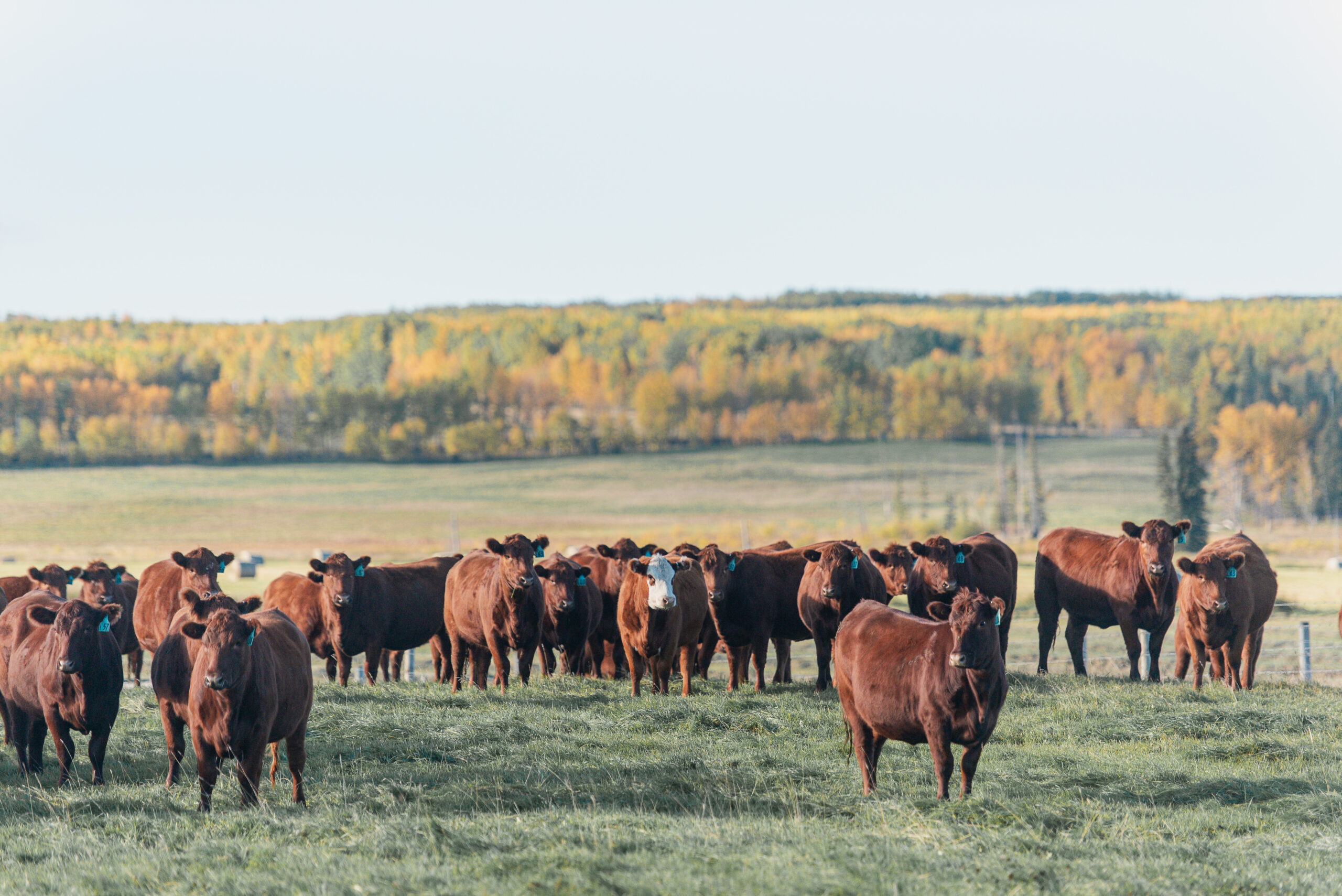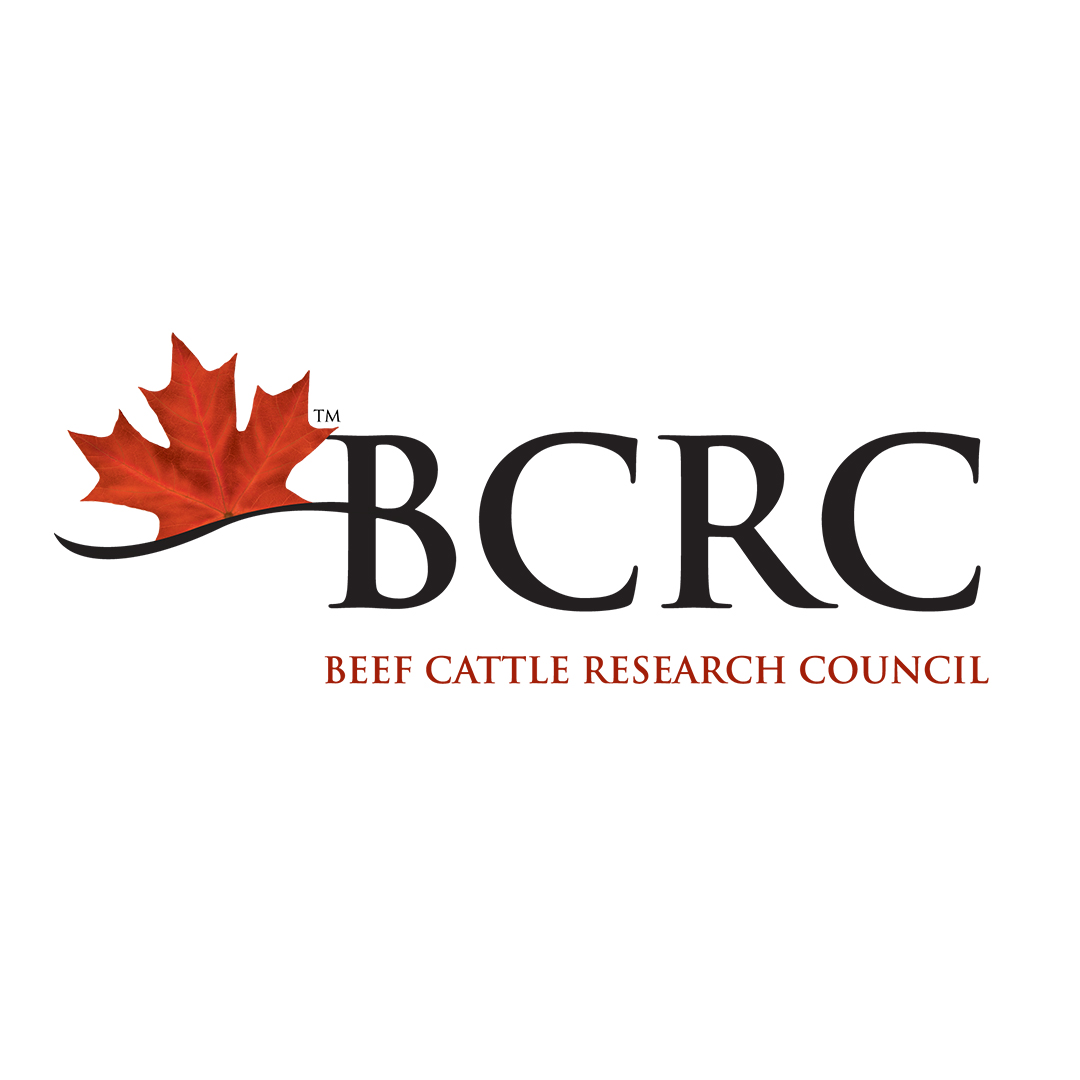AB Direct - Steers
Rail: 530.00 del
AB Direct - Heifers
Rail: 530.00 del
US Trade- Steers
Rail: ---
US Trade - Heifers
Rail: ---
Canadian Dollar
0.14

Make your herd records work for you
In beef production, genetics play a critical role in both management and profitability. Regardless of the size of your operation or whether you are a commercial or purebred breeder, keeping records is an important part of managing your herd genetics. “Without accurate records you have no way of knowing whether or not your herd is improving or if you are simply going in circles,” explains Karin Schmid, Beef Production and Extension Lead with Alberta Beef Producers.
Today, producers are flooded with information as genetic tools and prediction accuracies are continuously improving. With all this information, it can be overwhelming to turn knowledge into breeding decisions that meet specific operational goals.
Keeping records to track genetic improvements
How can genetic selection help me achieve my farm goals? Which breeding system is right for my operation? What records do I keep? How do I use these records?
Collecting, maintaining and analyzing records takes a commitment, but the payoff is worth it.
It’s not enough to know which data to collect, you have to know how to use it. To assist producers with this process, the Beef Cattle Research Council (BCRC), in partnership with the Canadian Beef Breeds Council, Alberta Beef Producers, Saskatchewan Ministry of Agriculture, Maritime Beef Test Station and the University of Guelph, launched a free Records for Tracking Genetic Improvements email course in February 2024. A new updated version was recently released in November 2024.
“This course provides a template that helps to ensure that the selection choices you make today will result in measurable progress for your herd in the future. The course helps you to identify the most critical records for your particular situation, taking some of the guesswork out of it,” Schmid explains.
Consisting of seven modules, the course covers topics including criteria for selecting breeding goals and breeding programs, understanding EPDs and heritability, using genetic records to inform culling decisions and how to use records to select replacement heifers.
A comprehensive course workbook provides guidance towards the practical application of concepts and information discussed. Those enrolled are also encouraged to input their own farm data through exercises outlined in each module, culminating in a guide on how to transform their herd data into information to help meet on-farm goals.
“No matter the level producers are at with genetic selection, this course provides value in goal setting and monitoring your decision-making successes,” says Sandy Russell, Chief Executive Officer of the Canadian Beef Breeds Council. “The true value is in how the course guides producers in a very methodical approach to tracking genetic improvements within their herd while still being flexible to the variable needs of beef producers.”
Work at your own pace
Busy schedule? Don’t feel like you have the time to commit to this course? No problem! The course is designed to be “work at your own pace.” In addition, you get to pick the frequency you wish to receive the course emails—once a day for seven days, two times per week for four weeks or one email per week for seven weeks.
The old adage “knowledge is power” rings true when it comes to tracking genetic advancements in a beef herd. Understanding the starting point of your herd will allow you to track improvements over time and positively impact your bottom line. Register for the free e-course at BeefResearch.ca/genetics-course.
This article was first published in Volume 5 Issue 1 of ABP Magazine (February 2025). Watch for more digital content from the magazine on ABP Daily.


